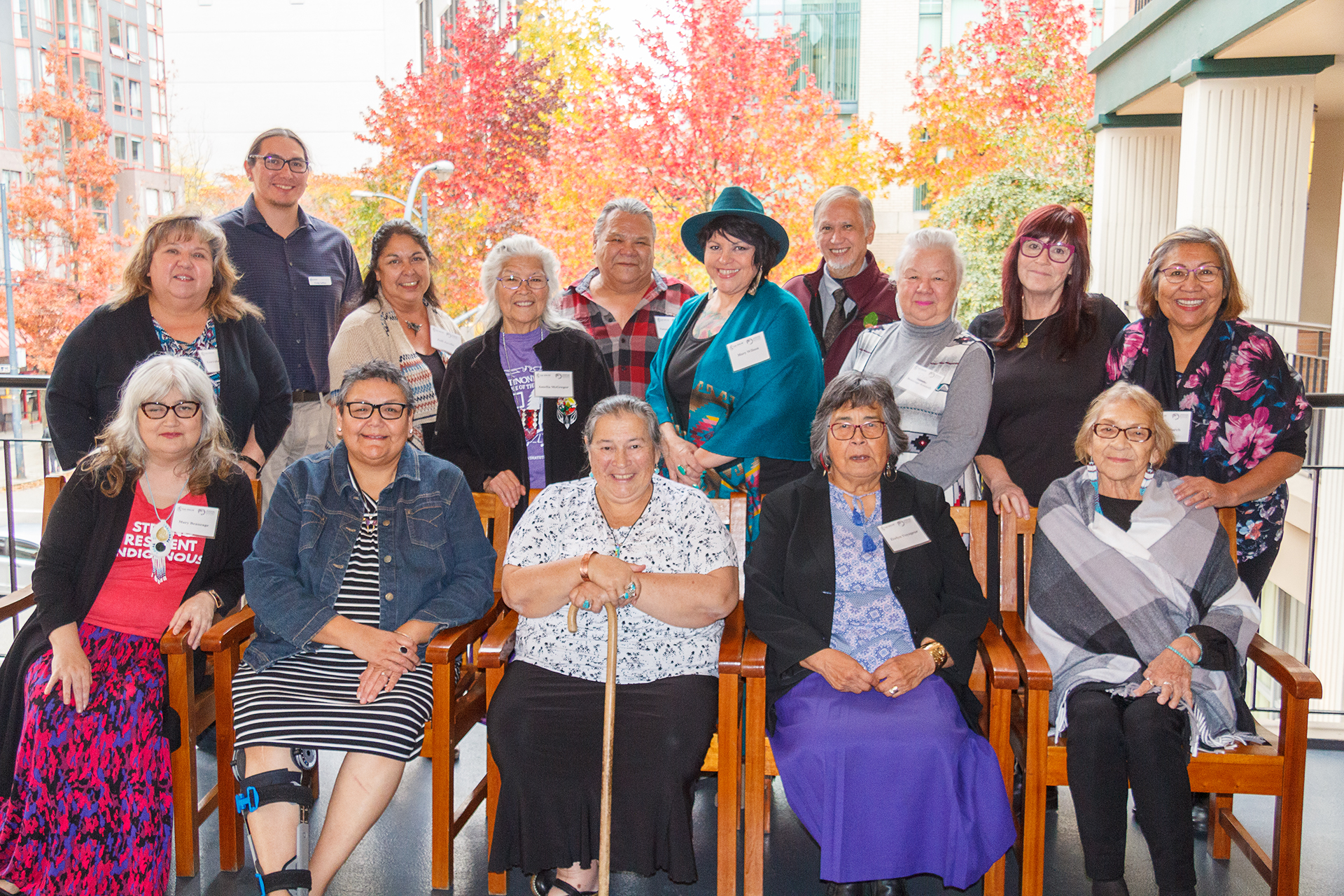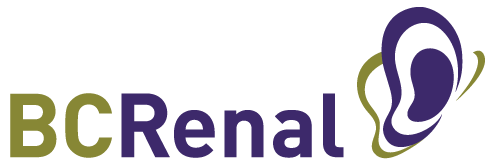
The In Plain Sight report, published in November 2020, highlights widespread racism toward Indigenous peoples in the BC health care system – shocking some who were unaware of this systemic racism and reconfirming what many others already knew. The results of this report underscore the need for more tools to address systemic racism in health care and research.
Fortunately, a working group of the Can-SOLVE CKD network, which includes BC Renal as a partner, has been collaborating with stakeholders nation-wide to develop a learning pathway that researchers can take to distil racism and build more cultural competence.
The learning pathway is called Wabishki Bizhiko Skaanj (wah-bish-kih biish-ih-goo skaa-nch), which means “White Horse” in Anishinaabemowin. It involves several steps, which collectively aim to assist participants in gaining more knowledge and awareness of: racial biases, Indigenous voices and stories, the impact of colonization on Indigenous health, and culturally safe health research practices. All seven steps are described on the Wabishki Bizhiko Skaanj website, as well as in a recent publication in the Canadian Journal of Public Health.
Craig Settee is Cree/Anishinaabe and a member of Fisher River Cree Nation. He has been involved in the development of the learning pathway for the past four years, and notes that it’s critical for helping non-Indigenous researchers understand how history and colonial relationships inform the current state of Indigenous health.
The pathway is a collection of different programs and resources, some of which were created by other organizations but are widely available. For example, the second step is the KAIROS™ blanket exercise, an interactive exercise that walks participants through the past 500 years of colonial history, highlighting the profound and detrimental impact of colonialism on Indigenous peoples’ lives and cultures.
Each additional step in the learning pathway builds upon this knowledge and addresses a different aspect of health research involving Indigenous people. For example, the fourth step involves a webinar series on how to respectfully and ethically engage Indigenous people in research, and another step involves taking certification programs on how to handle data derived from Indigenous individuals and their communities.
A particularly unique step in the Wabishki Bizhiko Skaanj learning pathway is a written virtual book, called “Knowledge Keepers in Research.” Non-Indigenous researchers can utilize this resource to understand the importance of Knowledge Keepers (also sometimes called Elders), and the value of co-leading research with these highly respected community leaders.
Settee encourages participants to approach the pathway with empathy and humility: “People need to be open to listening to Indigenous experiences and understanding how those experiences play into the mistrust Indigenous Peoples might carry when being involved in research or receiving care in the health care system.”
The learning pathway was developed by a group of Indigenous patient partners, health leaders and non-Indigenous research allies at Can-SOLVE CKD who make up the network’s Indigenous Peoples' Engagement and Research Council (IPERC). IPERC designed the learning pathway because the group recognized a strong need for better cultural competence within the Canadian research landscape.
More recently, IPERC also composed a Land Acknowledgment webinar series and guidebook with funding from BC Renal. Honouring land acknowledgments, both within the workplace and beyond, helps ground people in understanding the history of the Indigenous territories they are on, including the impact of colonization on Indigenous peoples.
“It has been well-documented that we’re still experiencing racism in the health care setting,” notes Settee. “The learning pathway and land acknowledgement series is encouraging research teams and network members to dig deeper into that shared history and how that reality currently affects Indigenous peoples. It’s an important step for raising awareness and cultural competency for non-Indigenous folks who are involved in research.”

